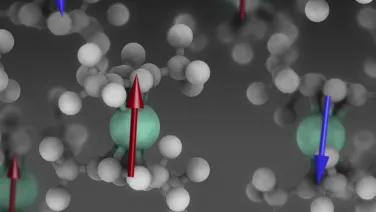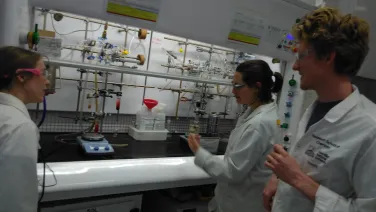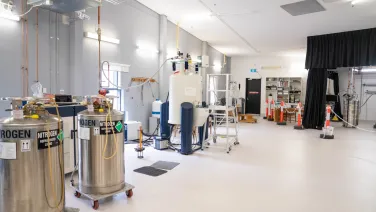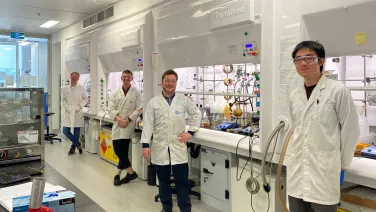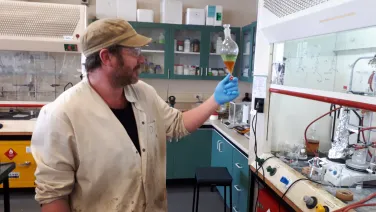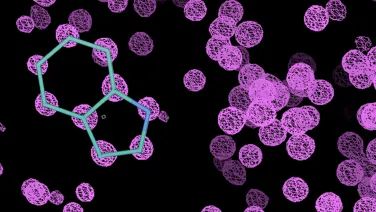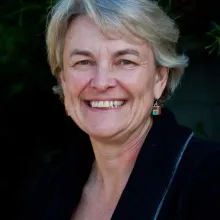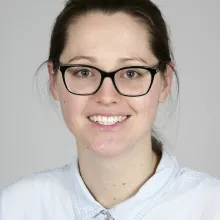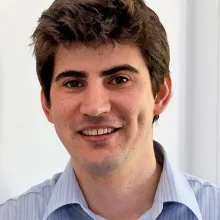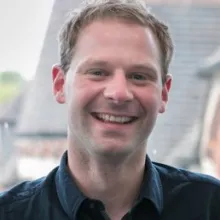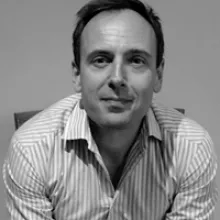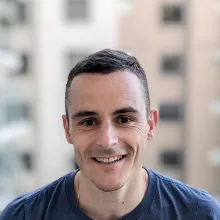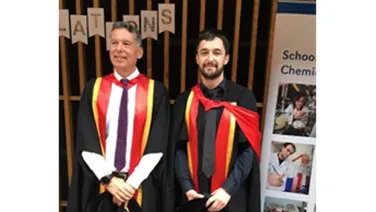
Inorganic Chemistry and Organometallic Chemistry
Inorganic chemistry involves the scientific study of the structure, properties, composition, reactions, and preparation of all chemical compounds except for the compounds consisting primarily of carbon and hydrogen, which are the focus of organic chemistry.
About
Inorganic chemistry focuses on all of chemistry except hydrocarbons and their derivatives (organic chemistry), while organometallic chemistry encompasses compounds with at least one bond between a carbon of an organic fragment and a metal or metalloid. Inorganic chemistry and organometallic chemistry are employed in all areas of chemical industry, including catalysis, medicine, agriculture, and materials science.

